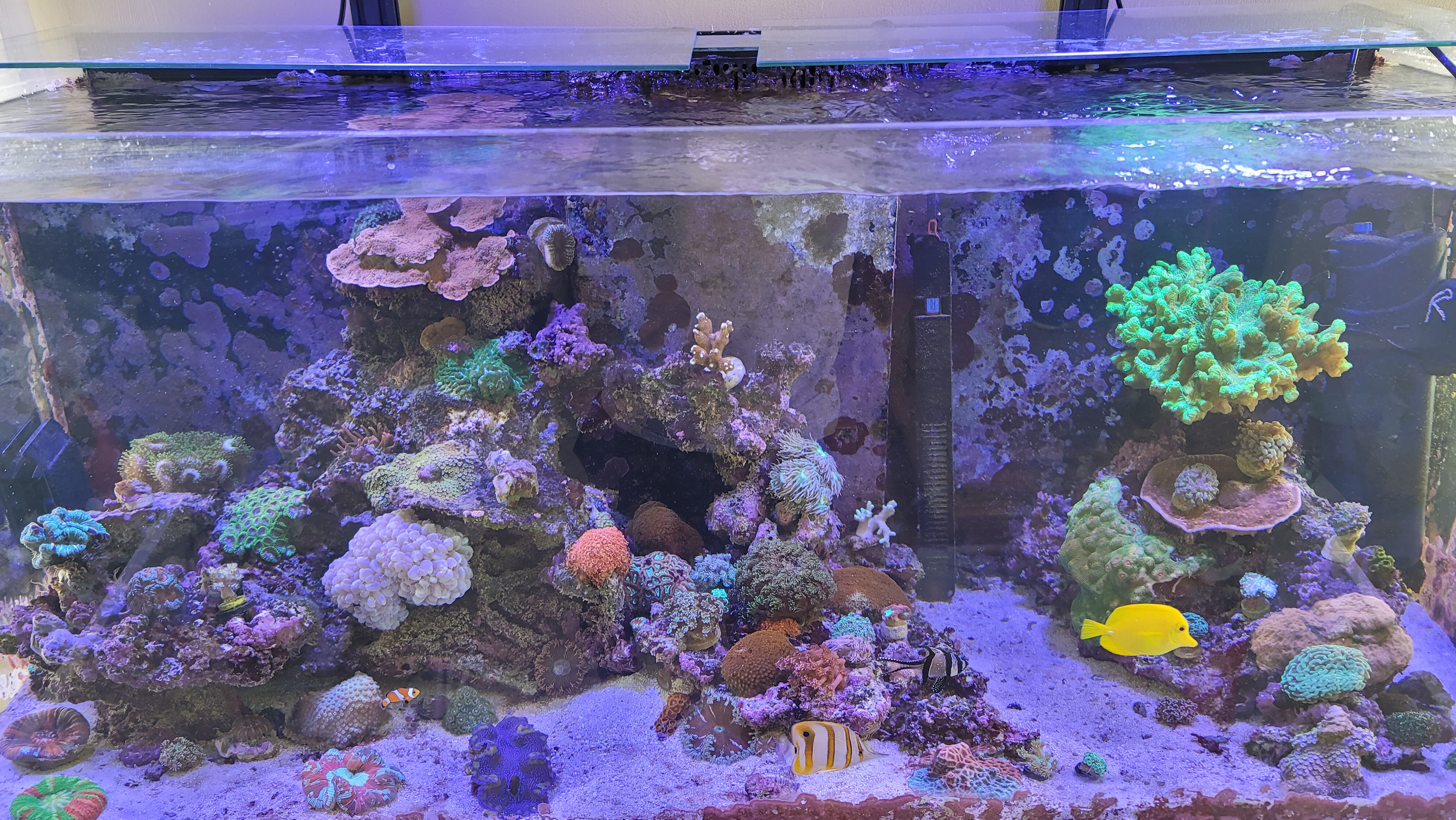Randy Holmes-Farley
Reef Chemist
View Badges
Staff member
Super Moderator
Excellence Award
Expert Contributor
Article Contributor
R2R Research
My Tank Thread
- Joined
- Sep 5, 2014
- Messages
- 67,073
- Reaction score
- 63,400
Bacteria eats / consumes nutrients then dies. Something needs to remove the dead bacteria or it just reintroduces the stuff it ate back into circulation. Skimmers (I believe, but may have a false belief) consume the bacteria in the form of skimmate which then actually removes the nitrate / phosphate consumption.
That said, it could explain why my nitrates are 20 and my phosphates are .05. Well imbalanced.
The turf scrubber alone cannot keep up with my nitrate / phosphate generation of my tank. I vodka dose to increase bacteria load to process the amount of food and fish waste the tank generates. What is left behind is nutrient rich water for my corals, that keep the corals well fed as well.
I dose based on my testing results. I test each week and determine if things are stable or increasing from the previous week. If they are increasing then I raise my vodka dosing by a ml per day. Then retest. So far, I'm stable around 15 -16 ml per day.
I'm not sure those are particularly imbalanced from a desirable level (IMO), nor do I see a reason to blame skimming.
There are all sorts of processes in reef tanks that use N or P but not both. Imbalances are a part of life in a reef tank that we must deal with. Skimmers are not a main cause of them, however.


















